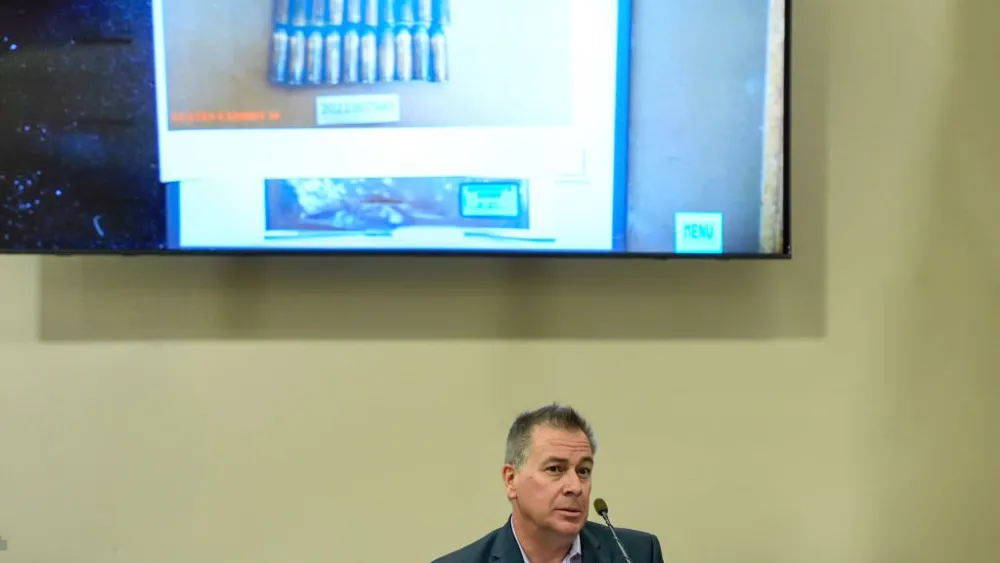Copyright politico

To populate it, Calamucci and his team purchased data from the dark web, exploited access through government IT maintenance contracts and siphoned intelligence from state databases whenever they could, prosecutors said. In one police-recorded conversation, Calamucci boasted of a hard drive holding 800,000 dossiers. Through his lawyer, Calamucci declined to comment. “We all thought the requested reports served the good of the country,” said one of the hackers, granted anonymity to speak freely. “Ninety percent of the reports carried out were about energy projects, which required open-source criminal records or membership in mafia syndicates, given that a large portion concerned the South.” Only 5 percent of the jobs they carried out were for individuals to conduct an analysis of enemies or competitors, he added. The hackers were also “not allowed to know” who was coming into Equalize’s office from the outside. Meetings were held behind closed doors in Gallo's office or in conference rooms, the hacker told POLITICO, explaining that the analysts were unaware of the company's dynamics and the people it associated with. Beyond gave Pazzali, Gallo, and their gang a treasure trove of compromising information on political and business figures in a searchable platform. Wiretaps indicated the plan was to sell access via subscription to select clients, including international law firm Dentons and some of the Big Four consultancies like Deloitte, KPMG, and EY. Dentons declined to comment. Deloitte and EY did not respond to a request for comment. Audee Van Winkel, senior communication officer for KPMG in Belgium, where one of the alleged gang members worked, said the consultancy did not have any knowledge or records of KPMG in Belgium working with the platform.



